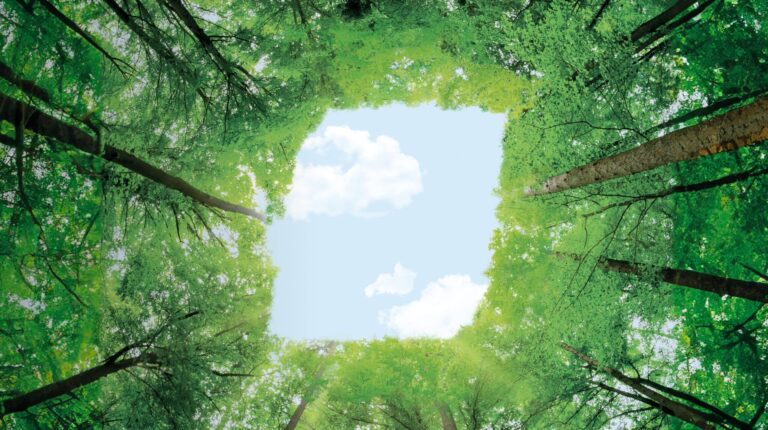Off-highway tire manufacturer BKT has announced its membership of the Global Platform for Sustainable Natural Rubber (GPSNR) which, it says, signifies its commitment to promoting long-term sustainable practices and environmentally friendly production in line with GPSNR principles.
Natural rubber production presents opportunities for environmental and social improvements. While the expansion of rubber plantations can affect tropical forests, sustainable practices can help protect biodiversity and reduce greenhouse gas emissions.
The GPSNR brings together natural rubber producers, traders, tire manufacturers, non-governmental organizations, academic institutions and other industry partners to address these challenges and promote sustainable solutions.
By joining GPSNR, BKT is aligning its natural rubber supply chain with the organization’s guidelines. This membership provides BKT access to a platform that standardizes sustainability reporting and offers digital platforms for compliance with the European Deforestation Regulation (EUDR), effective December 2024.
Rajiv Poddar, joint MD of BKT, commented, “The principles on which GPSNR is based align with our ESG policy. This membership allows us to develop and align our digital tracking initiative for the sustainable sourcing of natural rubber according to internationally accepted principles. It also enables us to expand our sustainability initiatives, aiming to accelerate both structural and quality changes in our natural rubber supply chain over the next five years.”
BKT has collaborated with Indian government agencies, including the Rubber Board and the Automotive Tyre Manufacturers Association of India, and with leading global players in the natural rubber industry, to support its mission.
“Being a member of GPSNR means we have direct contact with suppliers of premium natural rubber worldwide, which is crucial for maintaining our high-quality standards,” Poddar said. “This strategic and conscious choice supports our growth ambitions and allows us to pursue higher levels of sustainable production.”



